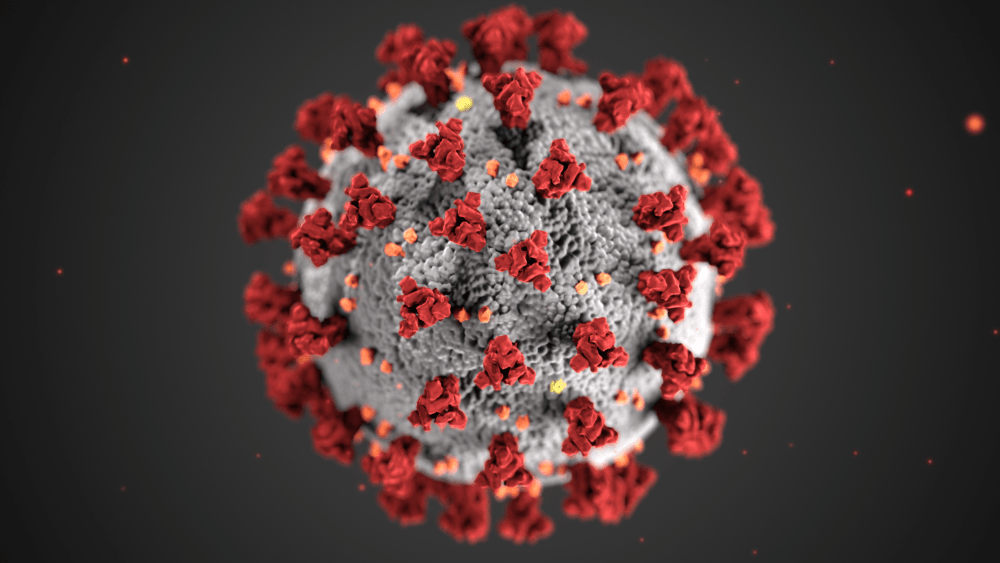A letter to the Prime Minister, Scott Morrison, asks the government to seek alternative COVID vaccines to the one produced by pharma giant AstraZeneca, which was the subject of an announcement that it could be provided free to all Australians. The request for an alternative vaccine comes from leaders of the Anglican, Catholic and Orthodox churches.
The letter is signed by three Archbishops: Anthony Fisher, the Catholic Archbishop of Sydney, Glenn Davies of the Sydney Anglicans and the Greek Orthodox Archbishop of Australia, Makarios Griniezakis.
“Whether this vaccine is successful or not, it is important that the government does not create an ethical dilemma for people.” – Anthony Fisher
News of the letter comes from Fisher’s Facebook page. He writes: “This week’s announcement that a Letter of Intent has been signed between our government and AstraZeneca for a vaccine raises some important ethical questions because the vaccine in question makes use of a cell line cultured from an electively aborted human foetus.”
“Whether this vaccine is successful or not, it is important that the government does not create an ethical dilemma for people. Along with the Anglican Archbishop of Sydney and the Greek Orthodox Archbishop of Australia, I have written to the Prime Minister Scott Morrison, asking the government to pursue similar arrangements for alternate vaccines that do not raise the same ethical concerns, so that Australians will have a choice when it comes to vaccination.
“There are currently 167 vaccines being researched, many of which do not use foetal cells in their development. It is in the best interests of the community that vaccination is widely taken up and this deadly disease defeated, and this will better be achieved if the vaccines available do not create an ethical quandary.”
Some of the possible vaccines which might be used to combat COVID use cell lines derived originally from human foetuses. This includes some of the vaccines which prevent diseases such as rubella, measles, rabies, poliomyelitis, hepatitis A, and chickenpox. The flu vaccines used in Australia by contrast are cultures using eggs.
In an epidemic of the 1950s, rubella, the vaccine used to combat this disease was developed with a cell strain called WI-38. It used lung cells from an aborted foetus. Today this vaccine forms part of the widely used MMR (measles, mumps, and rubella) treatment.
Science magazine reports on protests by pro-life groups regarding COVID vaccines: “At least five of the candidate COVID-19 vaccines use one of two human foetal cell lines: HEK-293, a kidney cell line widely used in research and industry that comes from a foetus aborted in about 1972; and PER.C6, a proprietary cell line owned by Janssen, a subsidiary of Johnson & Johnson, developed from retinal cells from an 18-week-old foetus aborted in 1985. Both cell lines were developed in the lab of molecular biologist Alex van der Eb at Leiden University. Two of the five vaccines have entered human trials.”
Many Christians will adopt the position – endorsed by the three Archbishops – that alternatives to vaccines using cell lines from foetuses should be sought. At this stage no-one knows which of the candidate vaccines against COVID-19 will prove viable.
The Archbishops want the Federal Government to seek out an “ethical vaccine” if one proves viable.
What if only vaccines using foetus cell lines turn out to be the ones effective against COVID-19? The Vatican Academy for Life has stated Catholic parents should vaccinate their children for the good of their children and the community, and they can do so with a “clear conscience” that “the use of such vaccines does not signify some sort of cooperation in voluntary abortion,” according to a Catholic News Service report.
It refers to a 2005 Vatican statement that “urged parents to ask their physicians to use vaccines not derived from the cell lines of the foetuses aborted in the 1960s if such vaccines exist and, if they don’t, to write to pharmaceutical companies urging the development of alternate vaccines.”
“Nevertheless, it said, the church affirms it is morally licit to use the vaccines ‘in the meantime insomuch as is necessary in order to avoid a serious risk not only for one’s own children but also, and perhaps more specifically, for the health conditions of the population as a whole, especially for pregnant women.’”
While seeking vaccines without the moral complication of fatal cell lines, the Christian position put by the Archbishops cannot be seen as an anti-vaccination stance.
Feedback
Please tell us what you think, on Eternity News Facebook.




